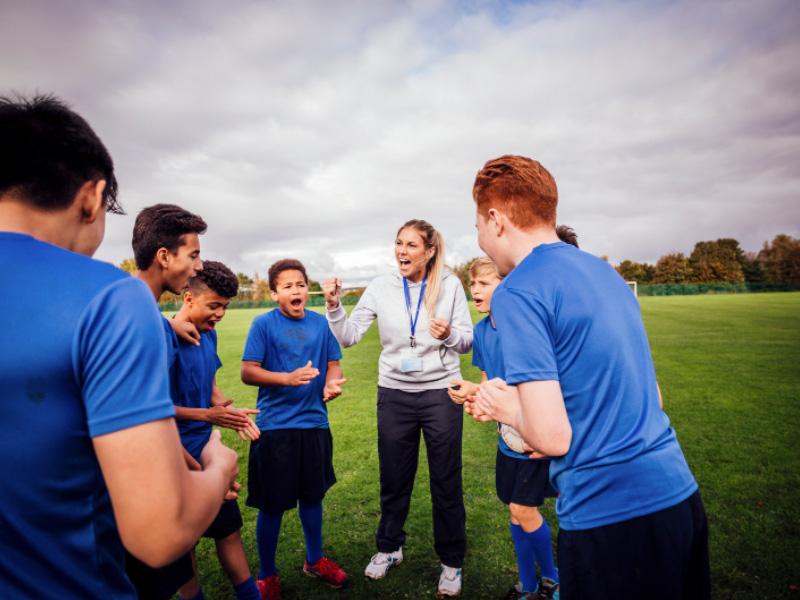Study by Tulane SoPA professor explores the complexity of coaching
The world’s best athletes often attribute their growth and success in part to monumental coaches. Yet, coach development programs address the evolving needs of coaches and players, but lack a holistic playbook on what makes an effective coach.
Irina Tereschenko, a faculty member in the Tulane School of Professional Advancement’s Kinesiology Program, conducted a collaborative study that was published in Volume no. 9 of the International Sport Coaching Journal, a Human Kinetics publication. The study set out to identify and define Ambitious Coaching Core Practices that can be used by coaches across a variety of sports, ages, and competition levels to engage athletes in developmentally appropriate and fundamentally sound approach to sport and personal growth.
"Coaching and learning to coach is a complex, relational, and contextual process that is constantly evolving. The aim of this study, lead by Dr. Julie McCleery, is to support coaches and coach developers interested in growing professionally and in facilitating the well-being of their athletes at the intersection of social-emotional development and peak performance."
- Irina Tereschenko - SoPA kinesiology program faculty
This study provides a growing market of ambitious coaches with a framework of tools and terminology that can be adapted to fit a coach’s sport and player’s needs. The U.S. Bureau of Labor Statistic projects a 26 percent increase in coach and scout employment from 2020 to 2030.
Researchers modeled this study after a similar pedagogy for teachers, known as practice-based teacher education. This type of learning emphasizes empirically-based moves and social routines (core practices) and self-reflection, which encourages teachers to adapt their approach to engage diverse student populations and address their needs.
Sixteen expert coaches, working in sports from the elementary to collegiate levels, participated in a three - round Delphi study and provided justifications, definition, and a ranking for each core practice. Sixty percent of the final core practices stemmed from the coaches’ own experience-based input.
The Ambitious Coaching Playbook contains a list of 15 core practices ranging from instruction to framing communications to competition management and includes a detailed description of when and how the practice can be utilized as well as video examples of core practices in action. The practices are intended to serve as a foundation for future application, conversations and research on effective coaching and practice-based coach development frameworks.
Read the full article here.
Learn more about the degrees and certificates available through the Kinesiology Program at Tulane SoPA.





